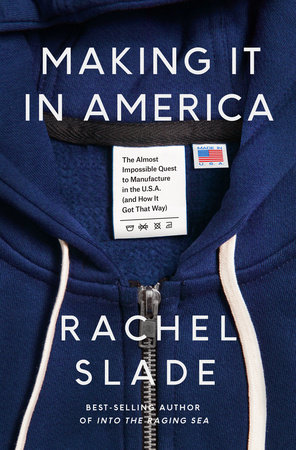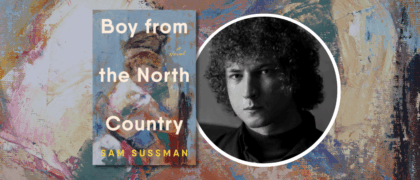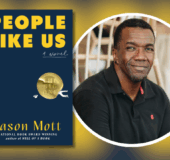“Library magic is quite real when you’re open to it, which fortunately, I am. To make the magic work, you need to open yourself to possibility and serendipity. Then the library gods take over, guiding your eyeballs to writing that might launch you further into whatever madness brought you to the library in the first place.
Like anyone who’s spent time in these sacred places, I’ve got plenty of tales that defy logic, so I have little doubt that gods or ghosts emerge from between the books and wander beside me whenever I summon them. Maybe you might agree?
Case in point: One morning a few summers ago, I was working at a table at the Boston Athenaeum—a good location for enjoying quirky collections, faded rugs, and the conspiratorial hush of dozens of noses buried in their books. I was researching the history of textile manufacturing for what I hoped would become my second book, but much of it was crackly dry reading, risking a kindling blaze, leaving my mind wasted, another dead-end day. Maybe this future book wasn’t to be.
I needed something juicier. I got up, stretched, and wandered, scanning the shelves for inspiration. That’s when I saw a truly ancient book sandwiched between carefully cut cardboard covers, tied with string to ensure the thing didn’t crumble when opened. A present just for me! I carefully loosed the knot and found a series of ships’ manifests from the 17th century detailing in the starkest relief the American colonists’ desperate dependency on imported cloth and clothing.
The yellowed library card still in the back pocket was written in classic block lettering—so familiar to me, as my grandmother had proudly adopted the style while working in the Philadelphia Free Library during the Great Depression.
It’s one thing to read about the sweep of history, quite another to walk right into a chilly November day in 1632 when a sailing ship was stalled just offshore awaiting favorable winds to dock in Portsmouth, New Hampshire, while anxious colonists crowded on the beach to help unload her, eager to behold fresh goods from Mother England. What I held in my hands was a chronicle from a world dependent on imports for survival in a time when ships were slow and dangerous. I could imagine the colonists’ urgency as winter was setting in—the ship arriving in the nick of time.
Studying the manifests reminded me that there were all kinds of wonders in this library. I dashed off a general inquiry to the Athenaeum’s research department, which is how I e-met Ginny Badgett, the assistant curator, who, providentially, was trained as a textile historian. My email prompted a treasure hunt, with Ginny leading the way. A week later, I was wearing a pair of cotton gloves, pouring over a manifesto written in Boston in 1753 proposing that the city’s destitute women and children be put to work in linen manufacturing—a proposal presented as an act of charity, but also as an act of rebellion against British law. (Going back to that pamphlet to fact-check this letter to you, I discovered that it had been printed by Thomas Fleet, who was interred just a few hundred feet from where I sat, in the Granary Burial Ground.)
Ginny had led me to this provocative document, which, through its florid 18th century prose, captured the same hope I had for reviving America’s modern domestic manufacturing to enhance our economy, politics, and independence.
Entering any library requires humility and confidence. It’s humbling to see all those books, which represent just a sliver of the fathomless efforts to record events, expound on the human experience, project wildly in the future, and process the past. I keep going because I am a writer by profession, and as such, part of an absurd quest to contribute to the vast canon, rebuilding the Library of Alexandria and the Library of the Université catholique de Louvain, Belgium (founded in 1425, destroyed in 1914), replacing lost works with new ones, in a wild, undirected, uncoordinated, optimistic frenzy. The pamphlet and the manifest authors were part of this effort to capture life in writing.
Librarians are the Fates who make sure these recordings are properly catalogued, cared for, and accessible so that they’re not lost to time.
Thank you, thank you, for dedicating your life to this important calling.”






